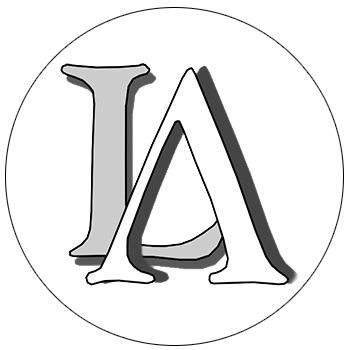


Descriptive and theoretical studies |
|
| Ivan V. Sarkisov. Towards a description of the metrical structure of Burmese poetry | |
|
This article studies the rules of versification in Burmese traditional poetry. The topic of Burmese metrics has been studied incompletely and one of the main issues connected with its study is the lack of availability of traditional Burmese sources. This research is the first one to use statistical methods to study Burmese metrics. The approach is based on the material of 16 Burmese poetic texts (1279 lines in total) and certain information from the previous works as well. This research has shown two important ideas – the first is that until the 16th century, Burmese poems were written using a syllabic meter where each line consisted of four syllables that were connected by internal rhyme. The rules of rhyme sometimes were violated and the sequence of tones did not play any role. After the 16th century some new meters became popular, and according to the results of the research these meters appear to be more loosely syllabic. Another important fact, which has been discovered during the research, is that the rhymes in Burmese poems are internal much like Thai poetry as well and this is in contrast to European poetry. |
|
| Elena G. Sokolova. Semantics of the polysemous verb ugodit’–ugozhdat’ in a diachronic perspective | |
|
The article explores the semantics of the Russian verb ugodit’–ugozhdat’ in the diachronic aspect based on the description in the Small academic dictionary (MAS) and examples from the Russian National Corpus (RNC). The study continues an earlier study of three meanings of this verb and examines the fourth meaning, marked in the dictionary as «vernacular», the interpretation of which is both adequate to the outdated meaning and the modern meaning belonging to the literary language. This new meaning is formulated in the study. The obsolete meaning is considered against the background of all the meanings of this verb, which stand out on the basis of examples from the RNC until the end of the 19th century and the “dictionary article” of the «historic verb» is collected. The features of the semantics of the historic verb, which distinguish it from the modern one, are noted |
|
Linguistics at the university: traditions and prospects |
|
| Liudmila L. Fedorova. Traditions of the Department of Structural and Applied Linguistics of the Moscow State University at the Institute of Linguistics of the Russian State University for the Humanities: history and present | |
|
This is an overview of the roundtable dedicated to the 60th anniversary of the Department of Structural and Applied Linguistics of the Moscow State University and the 110th anniversary of its founder Vladimir A. Zvegintsev. The presentations at the roundtable concerned Zvegintsev’s scientific heritage, the correlation of linguistic data and theory, the initial stages of the formation of linguistic university centers at MSU and at RSUH, strategies of linguistic education. The participants of the meeting shared their memoirs about their teachers who laid the scientific and pedagogical traditions, about the development of these traditions at the Institute of Linguistics of RSUH, as well as presented their new research. |
|
| Vladimir M. Alpatov. On the linguistic education at MSU and RSUH | |
|
In Moscow, linguistic education has been conducted at Moscow State University (since 1960), at the Russian State University for the Humanities (since 1991) and at the Higher School of Economics (since the 2000s); in the 1960s it was also conducted at the Moscow State Linguistic University. All of these universities have been training specialists in what is now called computational linguistics, but they also graduate linguists – scientists, translators and language teachers. Each of the universities has developed its own traditions, and though their priorities are different, quite a few of their graduates have made a contribution to scientific, practical and educational activities. |
|
| Svetlana M. Evgrafova. The professional communication training at the Department of Structural and Applied Linguistics in the context of modern education | |
|
This publication combines memoirs with reflections on the possibilities of properly organized professional communication to influence the effectiveness of training and the adaptability of graduate students of linguistics. Particular emphasis is made on special seminars and their role in the process of professional training of linguists at the Department of Structural and Applied Linguistics (MSU – Lomonosov University, 1976?1982). It is argued that this model has been the best version of project activities and that it is possible to recreate it in the modern line of higher education although the system has become quite different. |
|
| Grigory E. Kreidlin. Gestures and speech in the New linguo-semiotic dictionary | |
|
In oral communication, an active role belongs not only to verbal units but to nonverbal units as well. These units constitute the lexical part of the so called body language and are known by name of gestures (of different semiotic classes). The paper presents the New linguo-semiotic dictionary aimed to solve some lexical aspects of the problem of multimodality the kernel of which is the description of general patterns and formulation of specific rules of speech-gesture interaction. It is shown that this dictionary takes a separate taxon in a classification of dictionaries The paper reveals the ideology, structure and content of the linguo-semiotic dictionary. Its basis is the notion of semiotic conceptualization of human body. In the first part of the paper the main constituents of the conceptualization, tools and method of lexicographic analysis and metalanguage of the dictionary are described. The second part contains two examples of dictionary entries (ÇÓÁÛ ‘teeth’ and ÍÎÃÒÈ ‘nails’) and it also demonstrates the links between several types of information within the vocable. |
|
| Valentina G. Kulpina. The review of the conference «Language and methods of its description». Russian State University for the Humanities, 28 January 2021, ñhair of theoretical and applied linguistics | |
|
The review of the conference held at the Russian State University for the Humanities on January 28, 2021 discusses methods of linguistic studies connected with theoretical problems of linguistics and its university teaching. The participants of the conference touched upon the questions of linguistic pragmatics, language categories in didactic aspects, mechanisms giving rise to mistakes. Particular attention was paid to the education of specialists on applied linguistics and the development of professional standards for this specialization. |
|
In memoriam |
|
| Pavel V. Basharin, Anton O. Zakharov. Sergei Vsevolodovich Kullanda (23.08.1954 – 30.11.2020) | |
|
The paper examines the major milestones of Sergei V. Kullanda’s scientific activity and summarizes his heritage. During the first half of his career, Sergei Kullanda focused on Austronesian studies: the history of ancient Java and pre-Austronesian societies as well as Austronesian linguistics. Later Kullanda turned to Indo-European and Iranian studies: reconstruction of the Indo-European system of age and gender groups based on kinship terms, the problem of male unions in the Indo-European society, Scythian linguistics, and Proto-East-Caucasian loanwords in Proto-Indo-Iranian. The development of deep semantic reconstruction of the Proto-Indo-European kinship terms was the central topic for Sergei Kullanda. In his Austronesian and Indo-European studies he combined data of language, history and ethnography. Kullanda’s minor works covered such topics as the origin of Indian var?as, reconstruction of the original character of the Vedic god Indra, and etymologies for Austronesian, Indo-Iranian and Caucasian languages. |
|
| Svetlana M. Evgrafova, Yakov G. Testelets. Aleksandr Nikolaevich Barulin (17.11.1944 – 24.07.2021) | |
|
The obituary addresses the career and scholarly contributions of the founder and the first head of the Faculty (now Institute) of linguistics of Russian State University for the Humanities Alexander N. Barulin (1944–2021). We give an account of the results obtained by Barulin in the fields of semiotics, theory of language, morphological theory, and evolution of language, and of the origin of the Facutly of linguistics. |
|
Editorial contacts:
Miusskaya sq. 6, building 2, Moscow, 125993, Russia,
Institute of Linguistics, RSUH
Mail to:
msk.ling.j@gmail.com